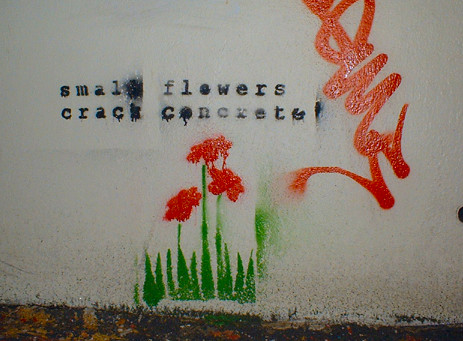I still panic, sometimes, talking about the fact that I lead both erotic writing and sexual trauma survivors writing workshops; there’s still that ingrained sense, for me, that these two things just don’t go together. I don’t think I probably need to explain this as often as I think I need to – and yet, every now and again, I dive back into the why.
Why sexuality and sexual trauma writing together, in the same ‘house’? Restorying our sexuality lets us come back here, into our bodies, the site of trauma, the site of violence against us if we are survivors of sexual trauma. Restorying, writing our desire, our history and too our now longing, re-embodies us in a safe-ish way (writing’s not completely without risk, of course: if the writing is to carry and convey the depth and breadth and truth of a story, an experience or possibility and that means the writing needs to be embodied and that’s a big fucking deal for sexual trauma survivors – embodiment). Writing is a way to settle into ourselves, slow back inside our skin – not the only way. One way.
When we write desire – any desire: fantasy or fiction or what just happened this afternoon – we are back in our skin, we experience the want, we feel its flesh and tingle and joy, and, too, struggle and ache and loss and fear. We can write, and so we can feel, a body free of flashbacks – and, too, we are deeply familiar with the truth of an erotic desire riddled with holes and loss and so we can describe it fully, gorgeously, achingly real and hot.
Continue reading →




